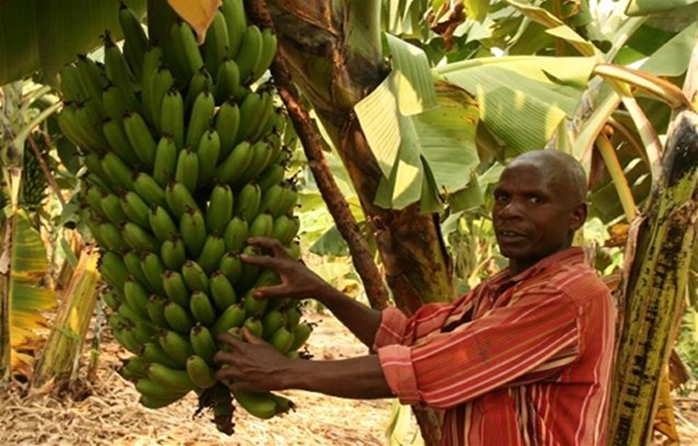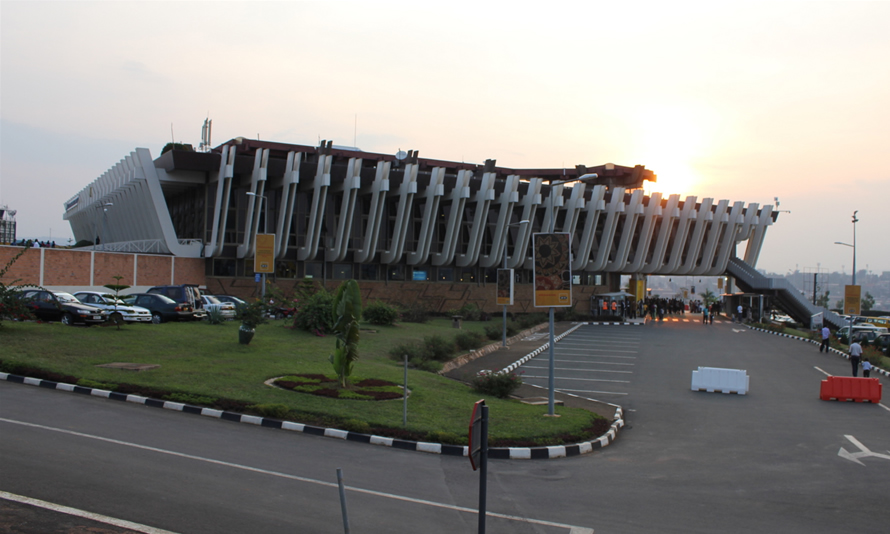
Food Security in Rwanda as Africa Commits to end of Hunger
Despite climatic changes in Rwanda that hit the expected harvests in season B this year 2014, the Ministry of agriculture in Rwanda has confirmed that the country still has enough food in its basket. The ministry of Agriculture in Rwanda revealed that food basket for the season is still full at 125% higher than the national food needs, putting a relief from raising food costs on the market that would lead into final consumers spending more money to maintain their purchasing power for staple foods.
The ministry of Agriculture has set up mitigation levels to assist a proper transition from season B shortages to season C where positive harvests mainly of vegetables are much expected. Meanwhile, such effort puts Rwanda at a secure position as African leaders renew their commitment to achieve food and nutrition security for shared prosperity of the people on the continent.
Dr. Nkosazana Dlamini-Zuma, African Union Chairperson contends that it is time for heads of state to put agriculture at the top of national development agenda and lead the way on a sure path to development for their people. He added that Prosperity is within reach – it’s in our hands.
During the signing of the Malabo Declaration at the 23rd Ordinary Session of the Assembly of the African Union Heads of State and Government last month, leaders committed to cut poverty in half by 2025. Agriculture is Africa’s solution to long term social and economic development issues including food security, youth unemployment, gender inequality and climate change.
According to AUC Commissioner for Rural Economy and Agriculture, Rhoda Tumusiime, a strong agricultural sector in African countries can generate employment opportunities and lead to economic growth, meaning jobs and incomes for Africans.
Accordingly, leaders committed to Increase both public and private investment finance in agriculture sector, Halve poverty by 2025 through inclusive agricultural growth and transformation strategies, boost intra-Africa trade in agricultural commodities and services. Further more, they also committed to end hunger in African countries by 2025,enhance resilience of livelihoods and production systems to climate change variability and other related risks as well as committing to mutual accountability to actions and results



